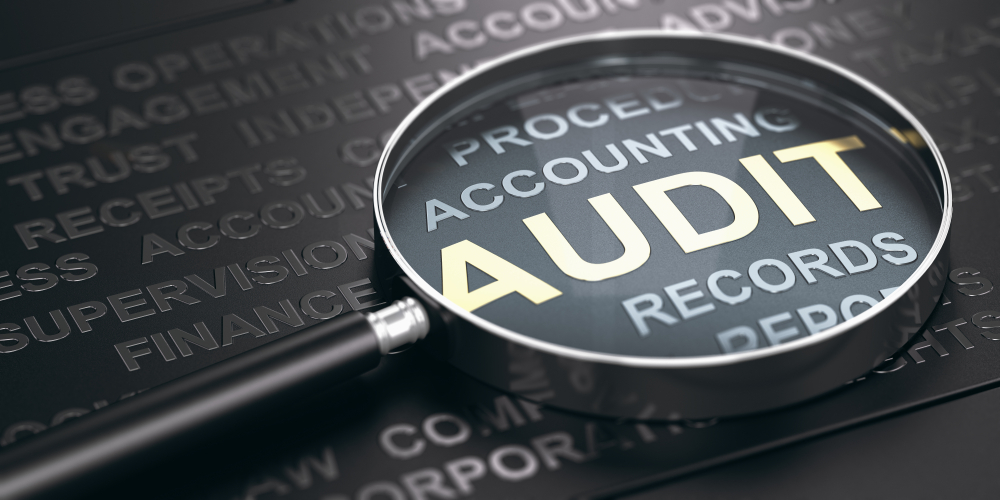
Managing one’s finances is full of complications and technicalities. It is essential for people to take out some time to manage their finances. If a person can learn to manage their money, they are already on the path to financial freedom. If you struggle with financial management, you are not alone. The following is a foolproof plan to get back on track with your finances.
1. Set a budget.
The first step to getting a hold of your finances is to make a budget. Figure out and calculate how much you spend every month. This includes your rent, utilities, fuel expenses, and groceries. Having set numbers for the exact budget helps you control your expenses, and you have a fair idea of how much you can save and spend on other things. Sticking to your budget will help you start off with an understanding of your spending behavior.
2. Save money by distinguishing between wants and needs.
Saving money is the hardest task for many people. If you want to save money, we have a simple way for you to plan your savings easily. Distinguish between your wants and needs. Drawing this line helps you figure out where you are wasting money or whether it is even necessary to spend or not. After figuring out your budget, make a realistic goal of how much money you will save every month. Believe in the principles of compound interest and see your savings soar in a year.
Related: “Expenses That You Didn’t Know Were Tax Deductions!”
3. Use automation to your advantage.
Automating your bill payments is another step towards taking control of your finances. Automating your finances will make sure that you are sticking to the plan and that no bills go overdue. There are many benefits of using automation to your advantage in this regard. It takes away the stress of remembering to pay on all the different dates. Plus, it also saves you from late payment fees.
4. Be done with your debt.
The next step in this plan is to get rid of your debts in the first place. With your accumulated savings, pay off your debts before it starts accumulating more interest. It is always better to be done with your debts so you can move forward more freely and be in control of your finances. Experts advise building up an emergency fund right after you have paid off your debts. This fund will secure your assets from liquidation in case of any emergency.
5. Strategize for your long-term financial plans.
The best time to start investing in long term financial plan was yesterday. The second best is right now. Do not delay in making long term plans regarding your finances. The best approach towards planning is careful and informed deliberation of your finances. Now that you are clear of your debts and have an emergency fund set up, start looking into your retirement plans and generating enough to develop a fair passive income. Ask yourself what you want for your retirement and get the help of a professional to help you with it.

Conclusion
Financial checkups should be treated just like an annual visit to the doctor. You can discover a lot of new things while managing your finances. If you need assistance, hire the professionals who will do it for you. Whether you are an individual with a job or a business owner, you can benefit greatly from the services of a professional accountant in meeting your financial goals. MARIELA RUIZ, CPA, PLLC offers financial consulting, professional accounting, bookkeeping, tax preparation services, and more in Mission, TX. Visit our website to learn more about our services or simply give us a call at (956) 997-0067 for further assistance.














